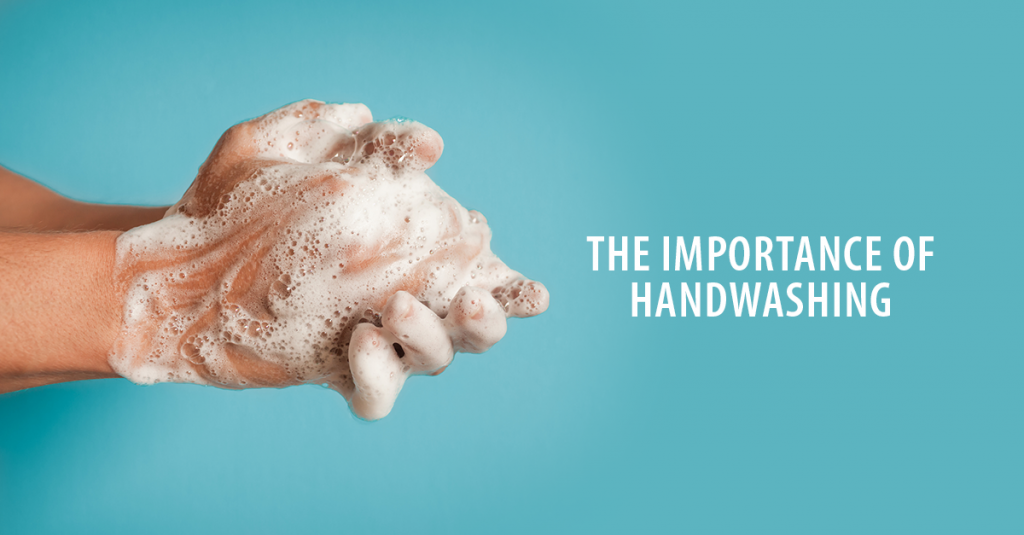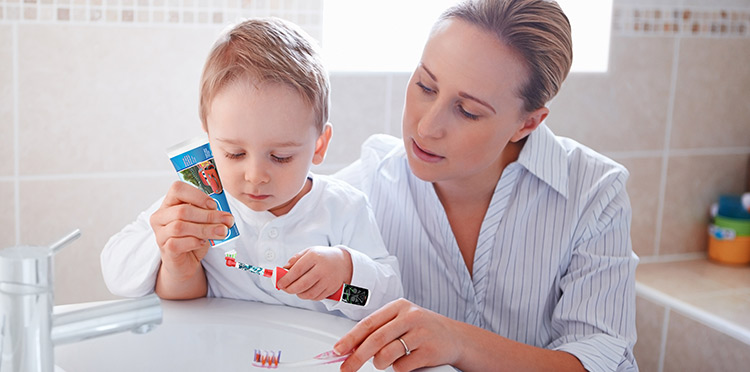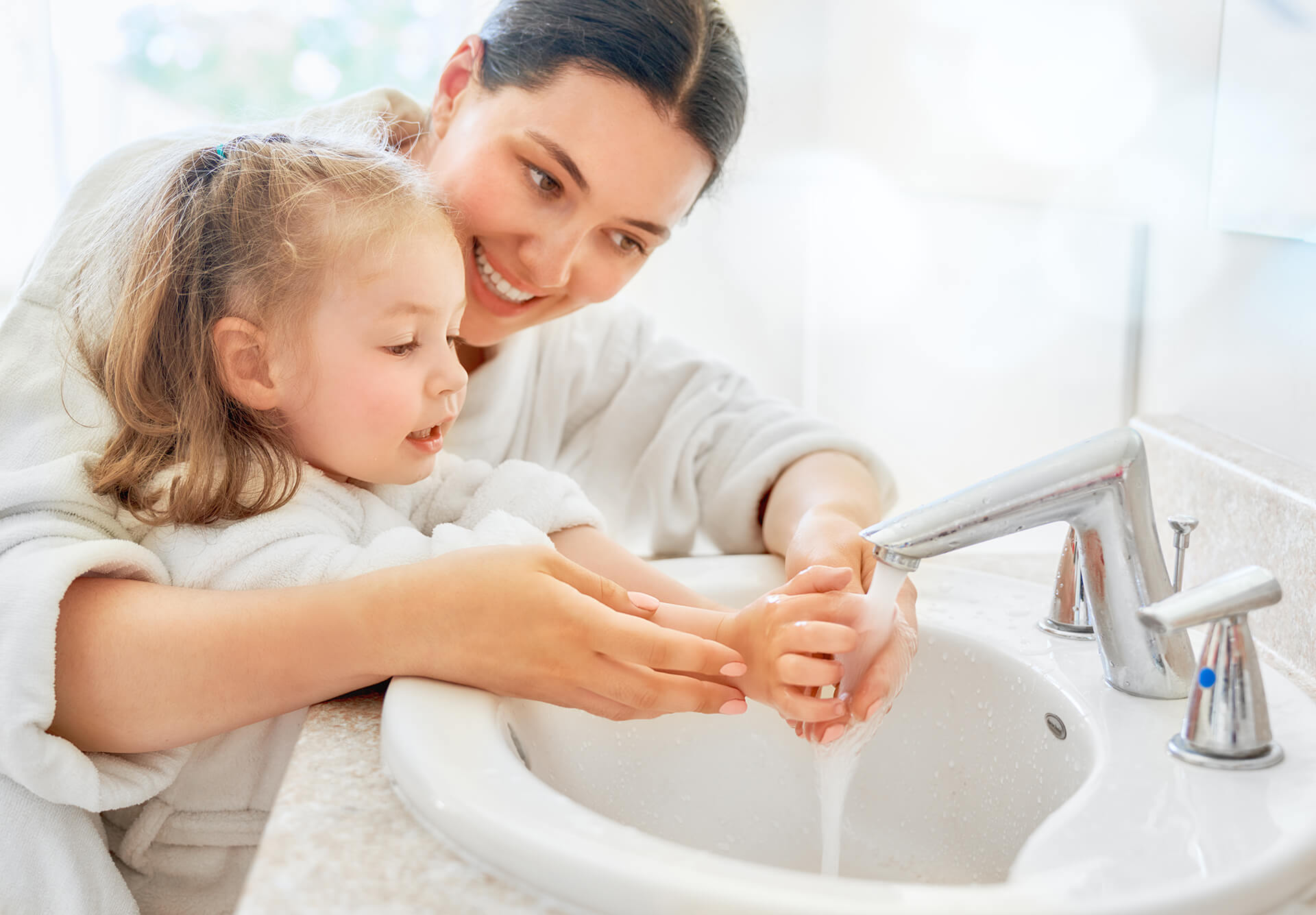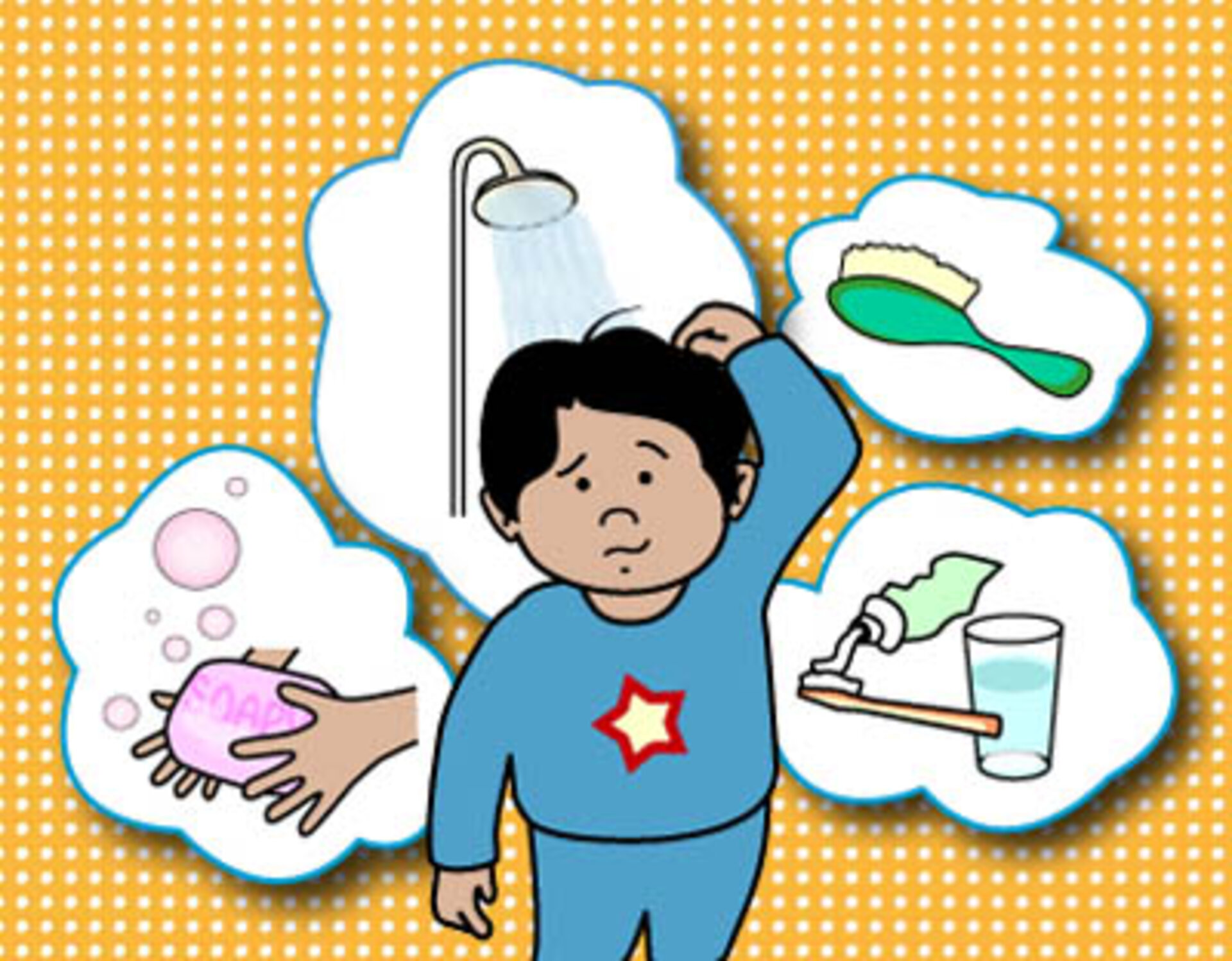In order to keep children healthy and clean, it is necessary to educate them on the principles of proper personal hygiene. For grade-schoolers, it is really important to maintain excellent hygiene habits, particularly when it comes to handwashing, because they spend a significant amount of their time in the classroom in close contact with one another, sharing everything from desks to chairs to crayons to germs.
When your child approaches adolescence, hormonal changes cause an increase in oil production and body odour. That’s when you’ll be glad you didn’t wait until then to instill good health and hygiene habits. Here are five basic personal hygiene behaviors to instill in your child.
From Clean Hands to Fresh Smiles: 5 Must-Teach Personal Hygiene Habits for Kids

Hand Washing
The most crucial health and hygiene practice you can instill in your child is to teach them how to wash their hands. Consider all of the different objects and surfaces that you come into contact with on a daily basis. Hand washing is, without question, one of the most effective methods of preventing illness and preventing the transmission of germs.
Children as young as elementary school may want to be reminders to avoid splashing and dashing, or they may simply need to run their hands under the faucet for 2 seconds without soap and call it a day. Ensure that your child uses soap and lathers for at least 15 seconds with the tap turned off to conserve water before rinsing with water from the faucet. Hand washing should be done for as long as it takes to sing “Happy Birthday” twice, according to a good rule of thumb.
/iStock_girl_sneezing_inside_elbow_LARGE-56a13f0d5f9b58b7d0bd621d.jpg)
Sneezing and Coughing
Germs can spread far and wide. You may already be aware that a sneeze may travel up to 100 miles per hour and release 100,000 germs into the air. According to research, sneezes and coughs can travel up to 200 times farther than previously thought. Make it a habit for your child to cover their mouth and nose with a tissue or put their arm in the crook of their arm if they can’t get a tissue quickly enough.

Showering and bathing
According to many parents, evening showers are the ideal method to soothe a child before bed. Bathing in the evening can also assist in alleviating the morning rush. Showers are preferred by some grade-schoolers, and they can also save a lot of time on a busy school night or morning. Showers can also help you save water.Many children can shower on their own by the age of six. You should supervise the shampooing and rinsing until they get the hang of it. When they’re finished, make sure to lay down a tight bath mat to prevent any slips on the wet floor.

Dental Hygiene
Until they are 6 or 7 years old, school-aged children have the motor skills sufficient to perform a reasonably decent job brushing their teeth on their own. However, you may still want to assist them for a bit of time. Make it a habit for your child to floss and brush their tongue, as well as the insides of their cheeks and the roof of their mouth. Encourage your child to brush for extended periods using a fun timer, such as an hourglass loaded with colourful sand.
Eyes, Mouth and Nose
Germs are easily transported into the body through the mucous membranes of the eyes, nose, and mouth and cause illness or death. Maintain strict discipline by reminding your child not to touch their eyes or pick at their nose.

Endnotes
When you give your children the much-needed ‘keep yourself clean and healthy’ lesson, it is possible that they may not pay attention. The most effective strategy to teach your children to acquire a good habit is to model that habit yourself first and foremost. Children quickly pick up on the behaviours of their elders. So always remember to put in the time to practice before you preach.
In addition to using games, riddles, and interesting science experiments to teach your children about cleaning, there are a variety of other intriguing ways to educate them about cleanliness. It is possible to find a variety of cartoons and animated programs that can assist you in teaching your children basic hygienic behaviours. It is possible to put together an entertaining and instructive puppet show to highlight the importance of healthy habits and the steps that may be taken to apply them. We hope that these tips may be of use to you in maintaining the health of your children.







